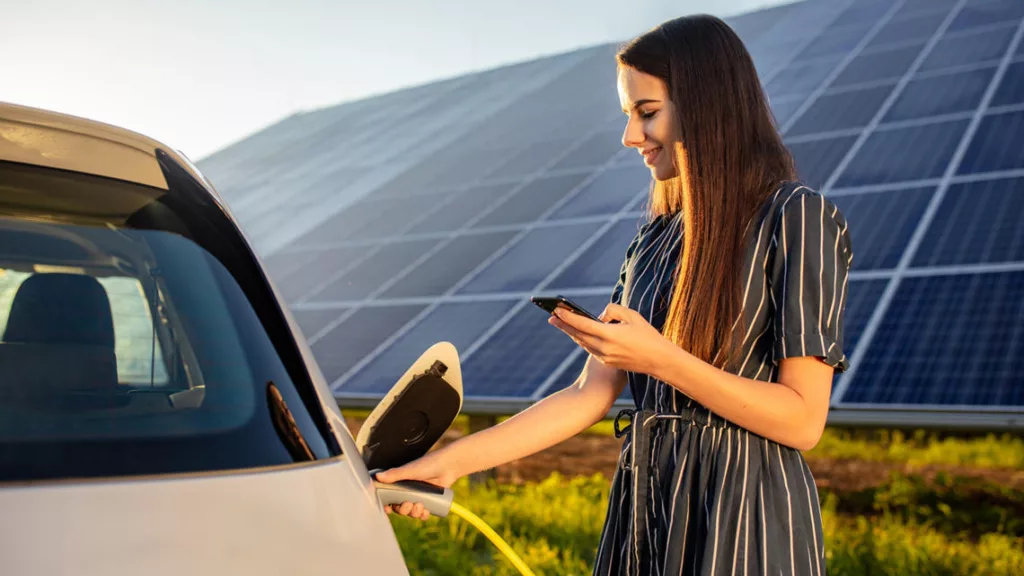Introduction
To keep the world at a safe operating space, we must keep temperature increase at a maximum of 1.5°C above pre-industrial levels.
Achieving this goal will require the rapid transformation of systems to decarbonize at an unprecedented scale and the private sector has a crucial role in the process. Businesses need to match their climate ambition with robust strategies and implementation to accelerate the systems transformation we need.
We mobilize our members to create the scale needed to transform their businesses and value chains to achieve Net Zero by 2050.
Actions
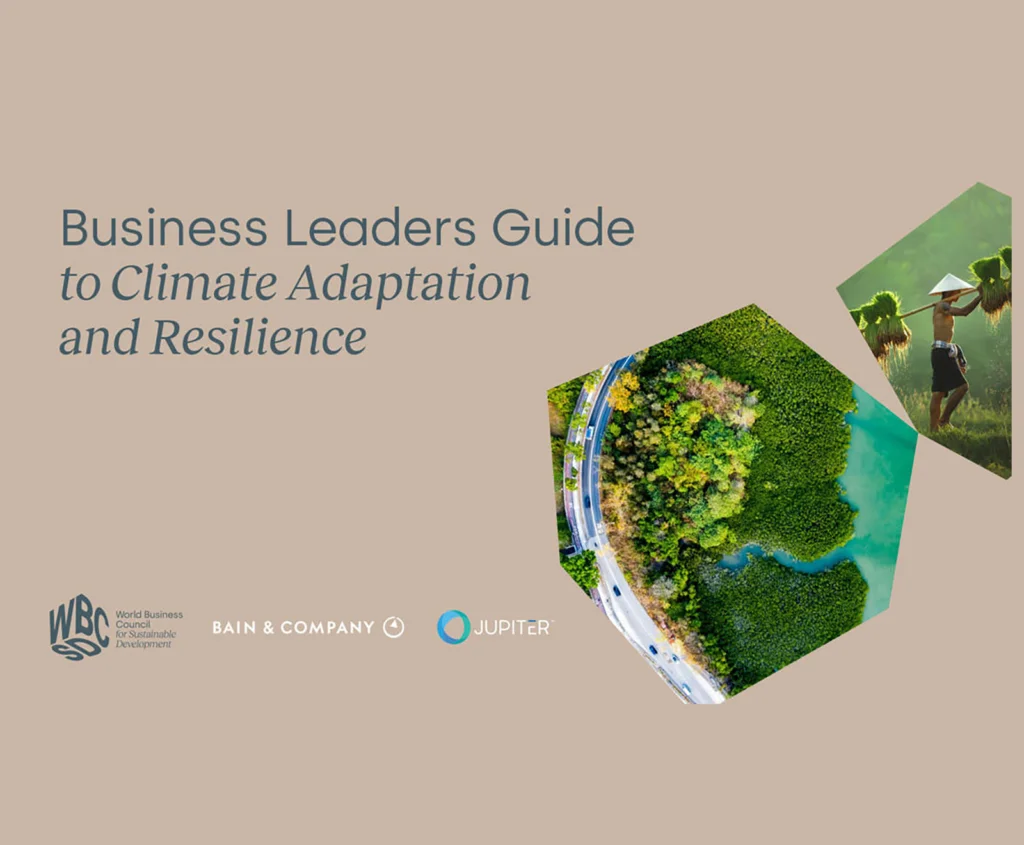
The Business Leaders Guide to Climate Adaptation & Resilience
15 April, 2024
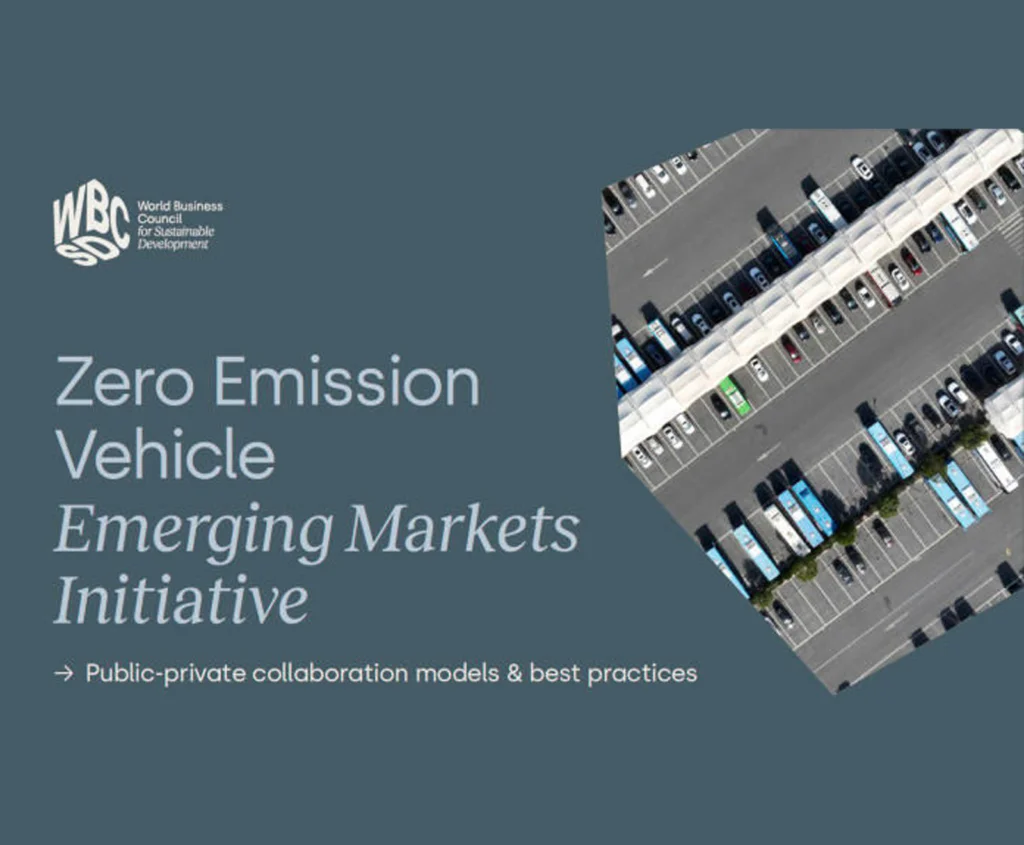
Zero-Emission Vehicle Emerging Markets Initiative: Public-private collaboration models & best practices
5 December, 2023
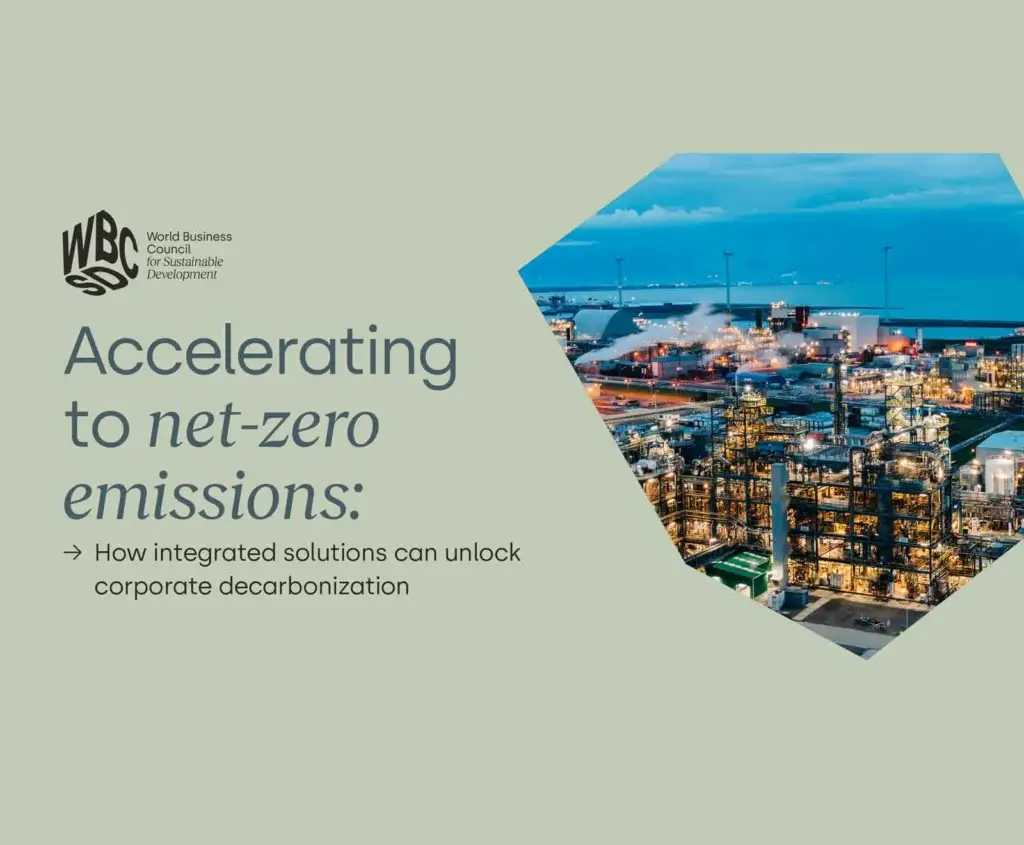
Accelerating to net-zero emissions: How integrated solutions can unlock corporate decarbonization
29 November, 2023
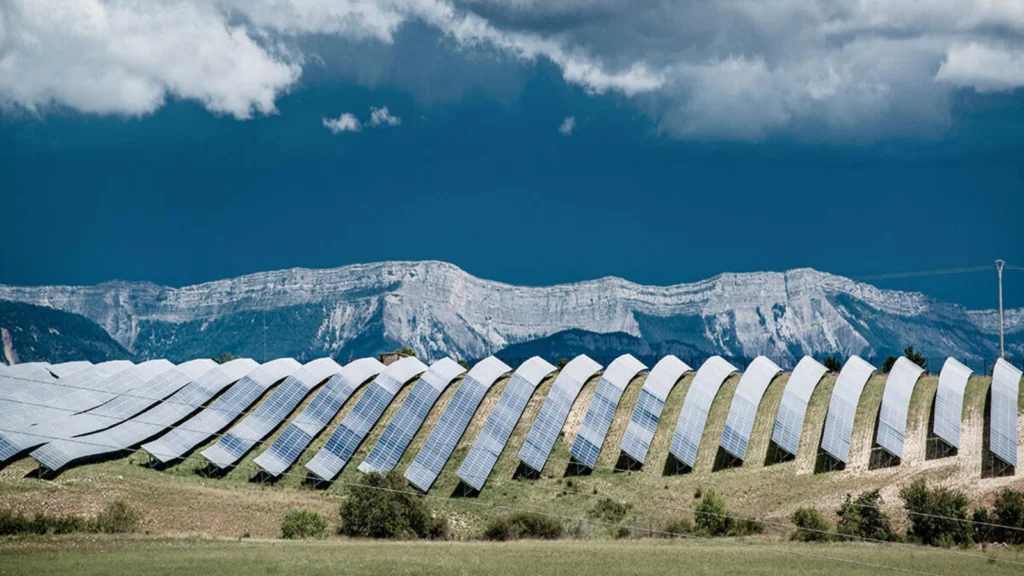
WBCSD unveils Enhanced Energy Climate Scenario Catalogue 3.0 for strategic climate resilience assessments
16 May, 2024

Exploring the landscape of conservation: An exclusive interview with Fauna & Flora’s Zoe Quiroz-Cullen on Natural Climate Solutions
30 April, 2024

The path to sustainability: An interview with ERM’s Linden Edgell on nature as a corporate climate solution
4 April, 2024




